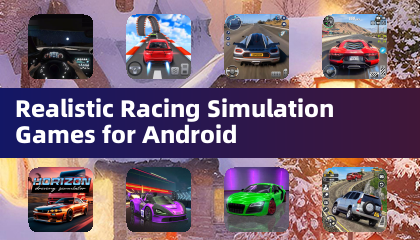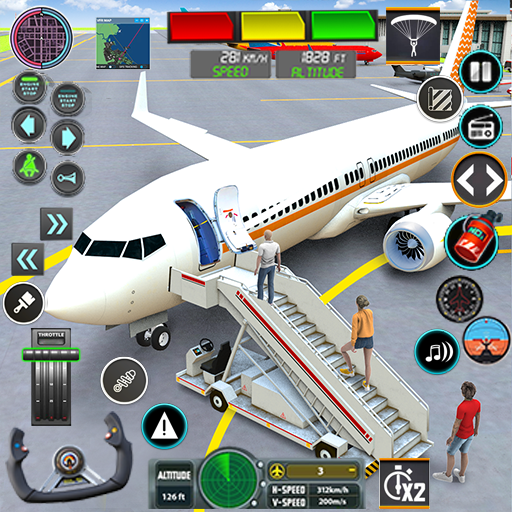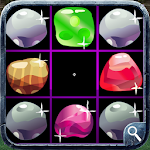Choosing the right gaming console in 2025 requires careful consideration. The PlayStation 5, Xbox Series X|S, and Nintendo Switch each offer distinct advantages, from powerful hardware to exclusive game libraries and unique gaming experiences. This article compares these consoles, focusing on game availability, long-term costs, and future-proofing.
Table of Contents:
- Performance Overview
- Game Library
- Additional Features
- Cost Analysis
- Conclusion and Recommendations
Performance Overview:
The PlayStation 5 and Xbox Series X lead in hardware, boasting powerful processors and graphics cards, supporting resolutions up to 8K, ray tracing, and high frame rates. Both utilize SSD storage for fast loading times.
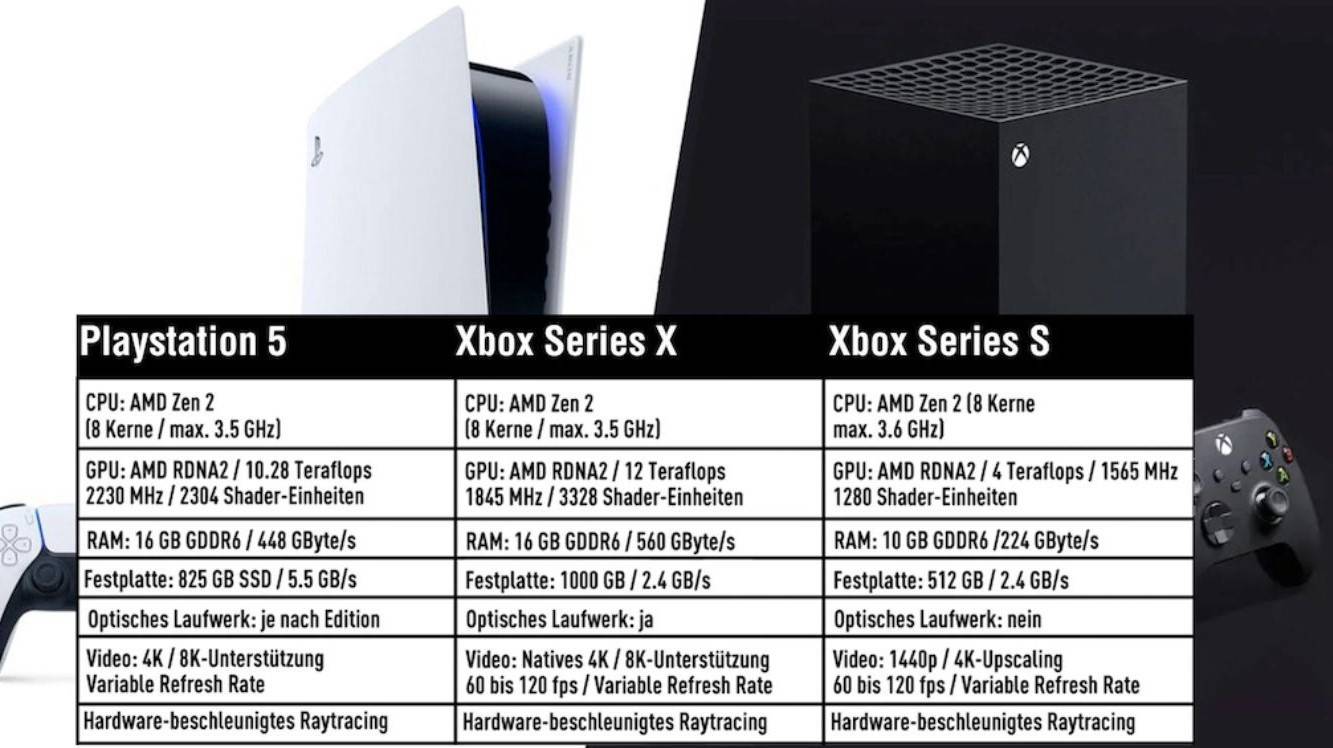 Image: computerbild.de
Image: computerbild.de
The PS5 features an eight-core AMD Zen 2 processor (up to 3.5 GHz) and an RDNA 2 GPU (10.28 teraflops), enabling native 4K gaming at 60 FPS (some titles reach 120 FPS). The Xbox Series X offers slightly higher processing power (12 teraflops), delivering stable 4K and even 8K output. Xbox often shows better optimization and higher frame rates in certain games. The Nintendo Switch, while less powerful, maintains its appeal with its hybrid design. Its NVIDIA Tegra X1 processor supports 1080p (docked) and 720p (handheld), suitable for less demanding games. However, by 2025, its age shows in graphics and loading speeds.
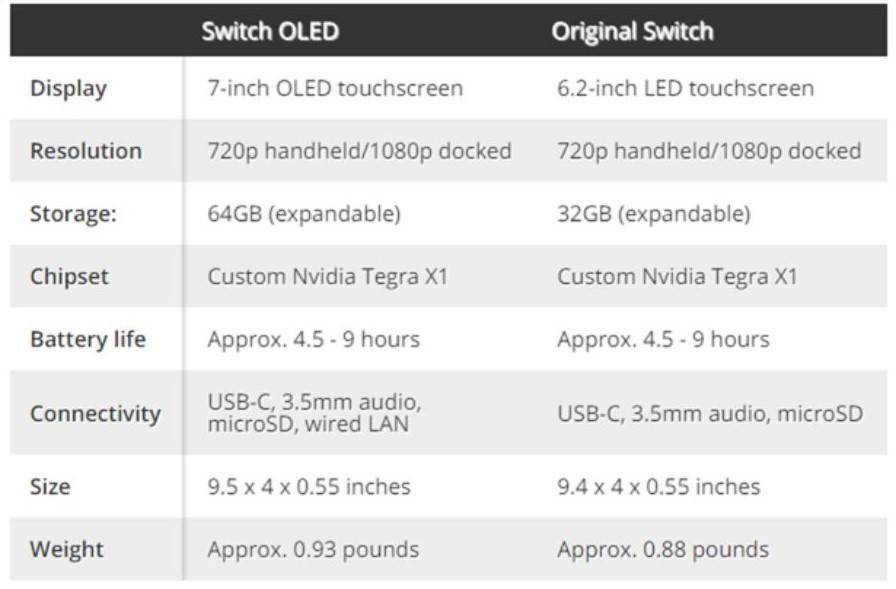 Image: forbes.com
Image: forbes.com
Both the PS5 and Xbox Series X support ray tracing and technologies like AMD FSR and NVIDIA DLSS (Xbox) for enhanced performance. The PS5 offers unique features like Tempest 3D Audio and DualSense adaptive triggers. The Switch's portability remains its unique selling point. For top-tier performance and visuals, the PS5 and Xbox Series X are superior.
Game Library:
Game selection significantly impacts the gaming experience. By 2025, each platform offers a distinct library:
PlayStation 5: Focuses on high-quality, story-driven AAA titles. Exclusive hits include Marvel’s Spider-Man 2, God of War Ragnarök, Final Fantasy XVI (timed exclusive), and Horizon Forbidden West.
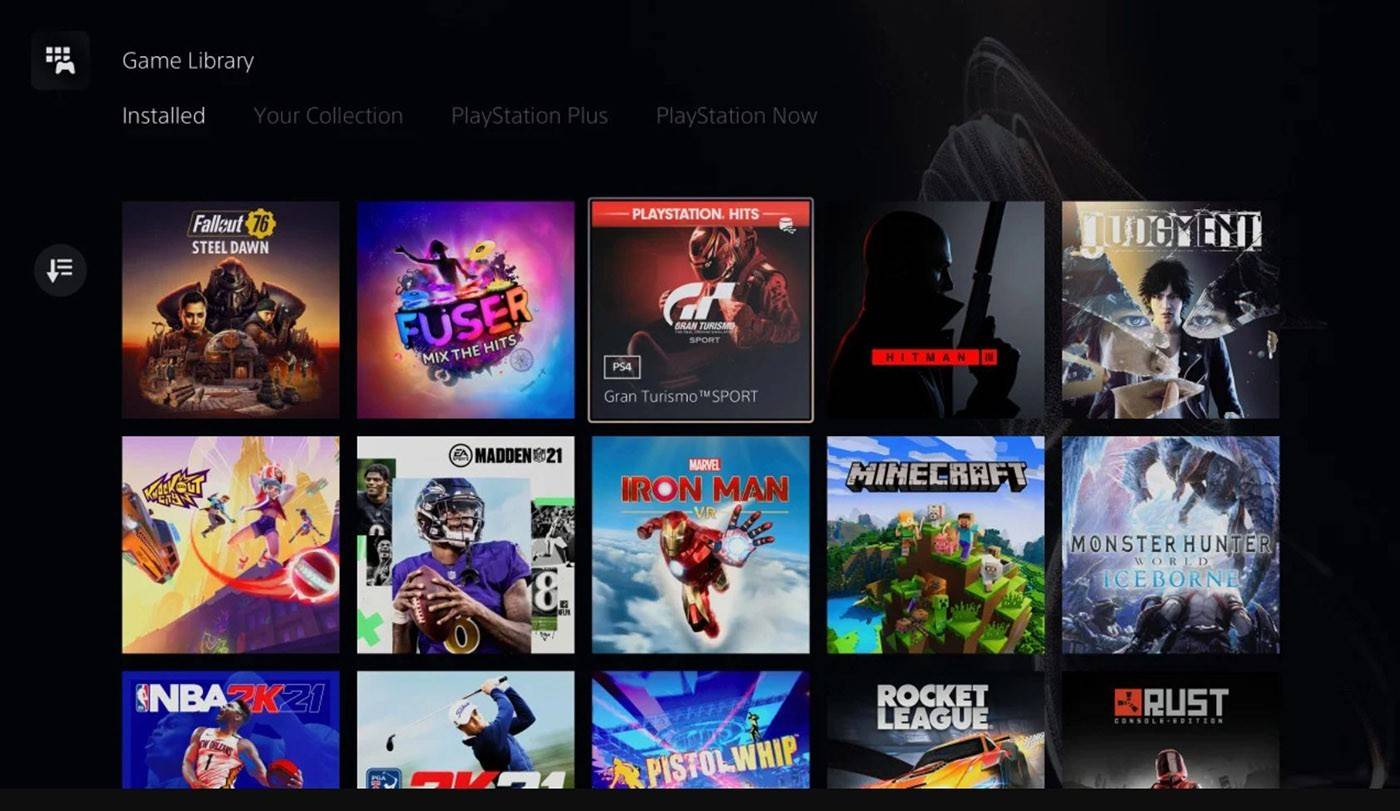 Image: pushsquare.com
Image: pushsquare.com
Xbox Series X|S: Benefits from Xbox Game Pass, offering hundreds of games for a monthly fee, including new exclusives like Starfield, Forza Motorsport, Fable, and Senua’s Saga: Hellblade II.
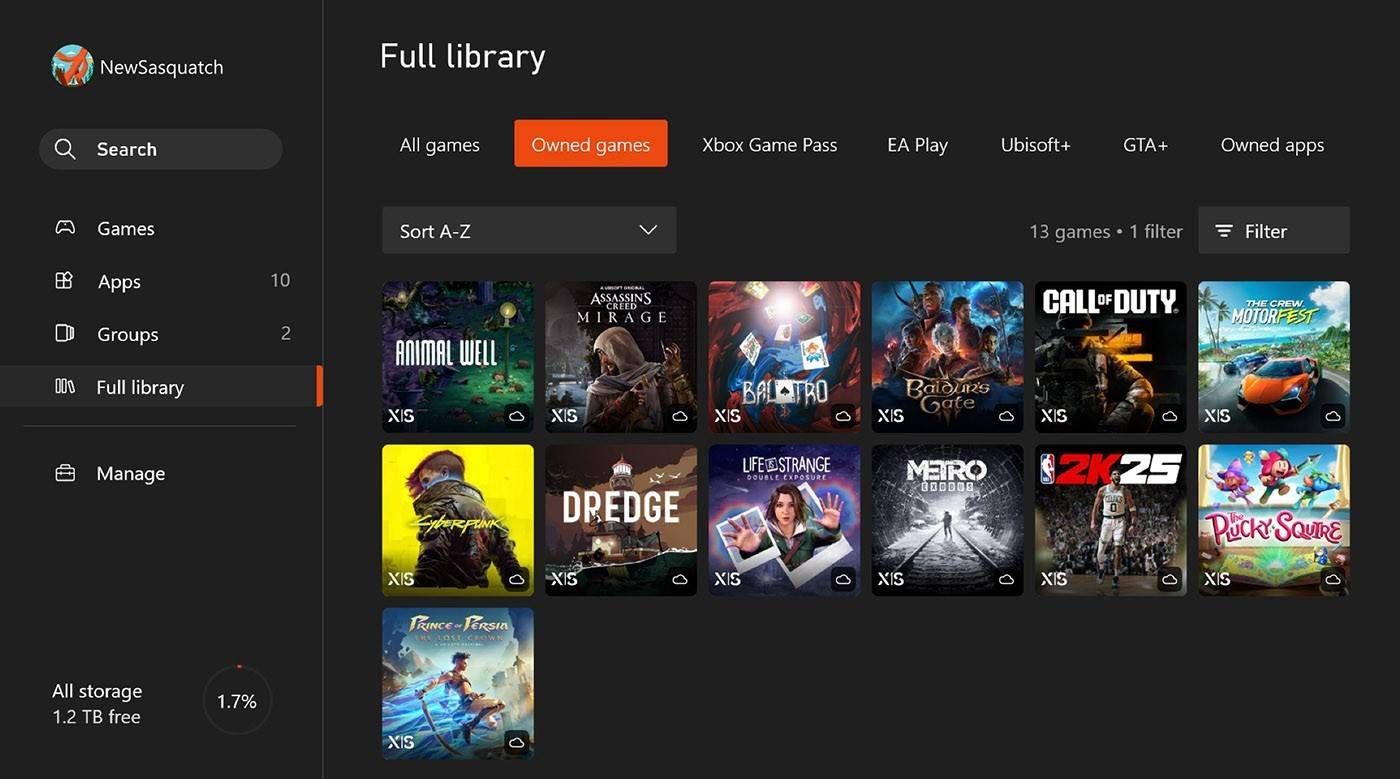 Image: news.xbox.com
Image: news.xbox.com
Nintendo Switch: Maintains a strong lineup of exclusive franchises, including The Legend of Zelda: Tears of the Kingdom, Super Mario Bros. Wonder, Pokémon Scarlet & Violet, and Metroid Prime 4.
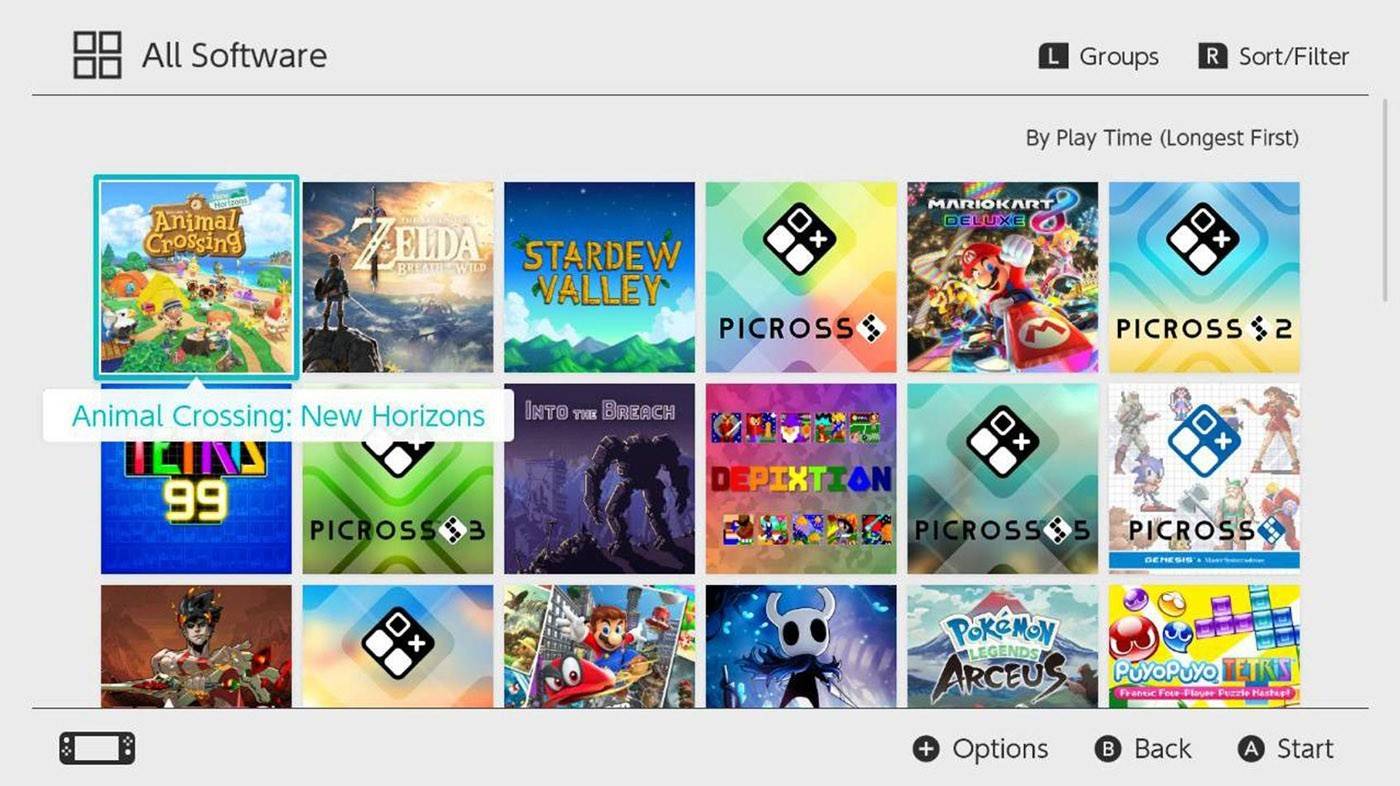 Image: lifewire.com
Image: lifewire.com
Additional Features:
Each console offers unique features:
- PlayStation 5: Deep integration with the Sony ecosystem (PS VR2, remote play, PlayStation Plus). PS4 backward compatibility.
- Xbox Series X|S: Open ecosystem with Xbox Cloud Gaming, Windows integration, Game Pass Ultimate (cross-platform play). Backward compatibility with Xbox 360 and original Xbox games.
- Nintendo Switch: Hybrid design (portable and home console). Local multiplayer and mobile device connectivity.
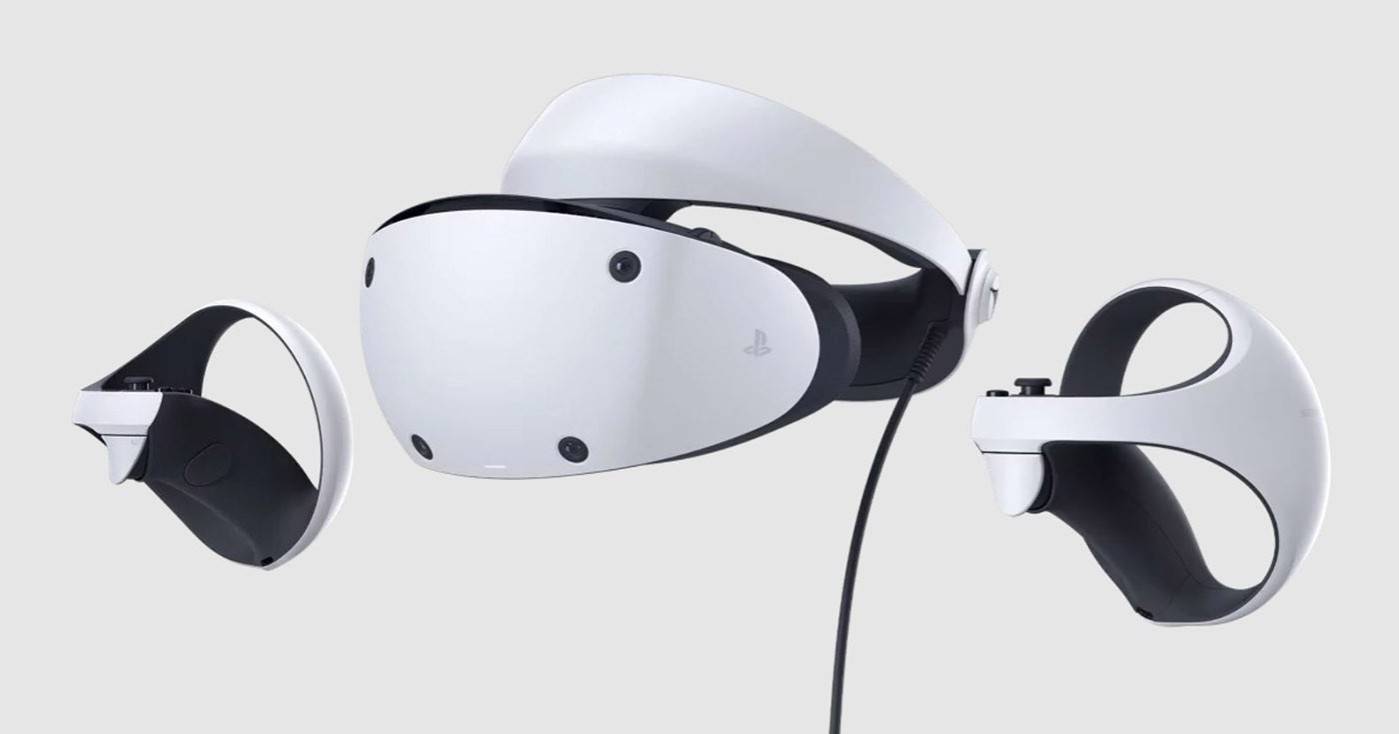 Image: playstation.com
Image: playstation.com
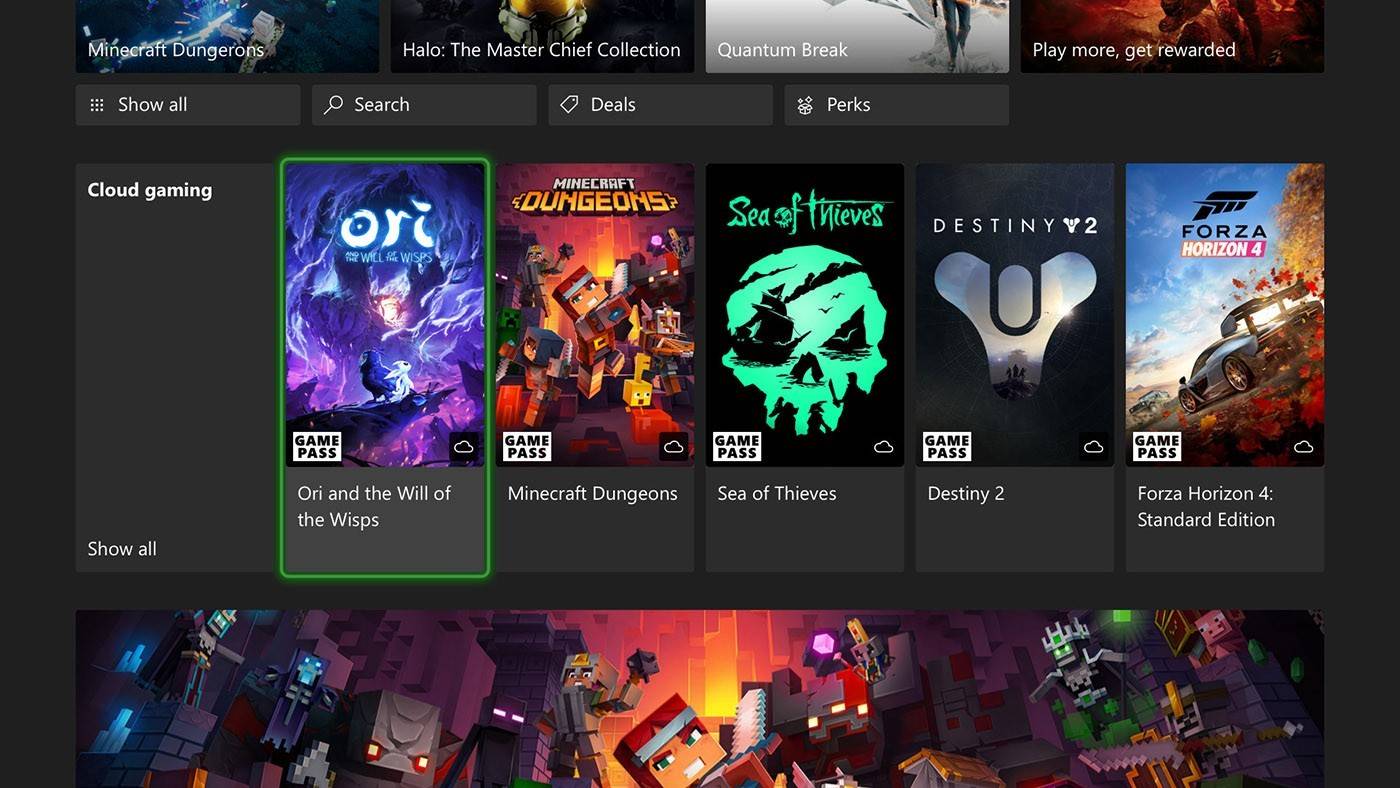 Image: news.xbox.com
Image: news.xbox.com
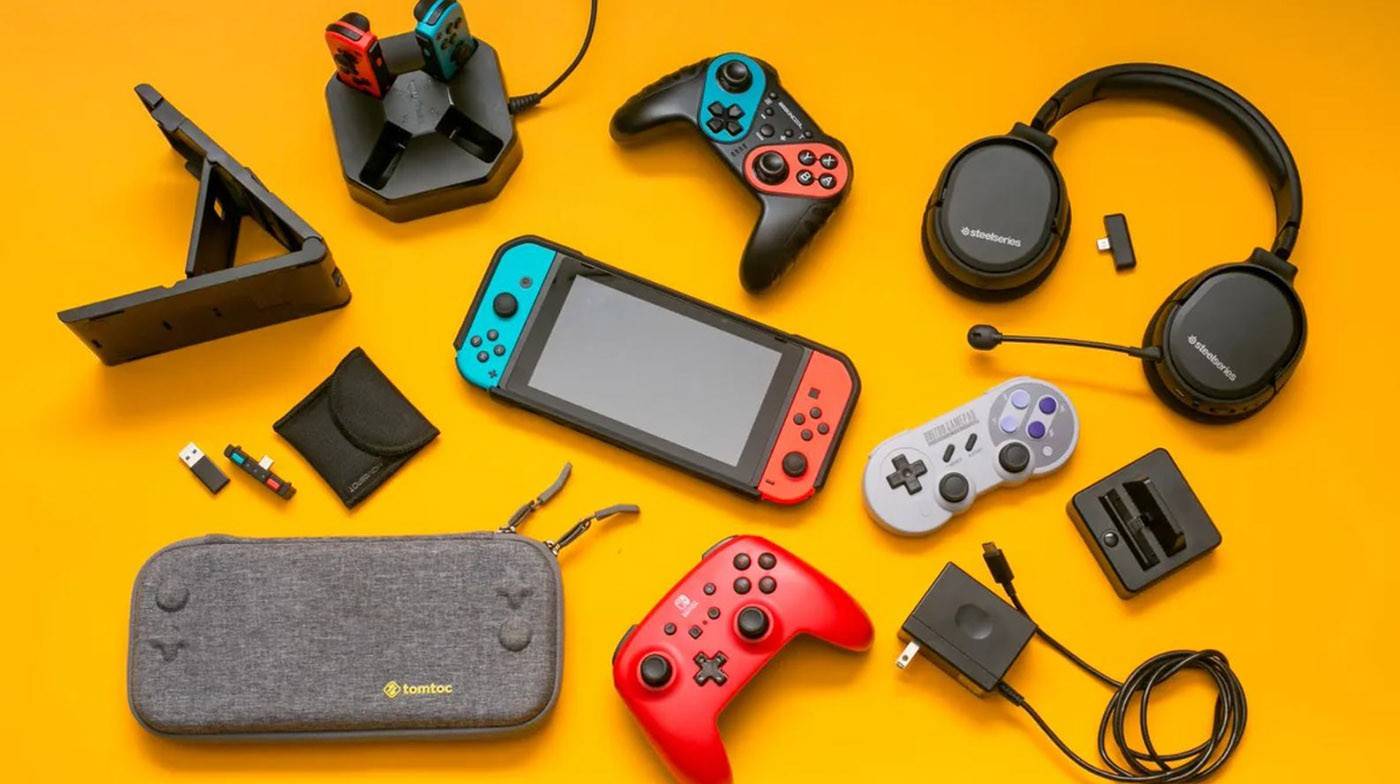 Image: cnet.com
Image: cnet.com
Cost Analysis:
The PS5 is the most expensive (starting around $500, used models ~$300-400), with games averaging $40-50. The Xbox Series X is similarly priced, while the Series S is around $300. Game Pass offers significant value. The Nintendo Switch ranges from $200 to $500 (OLED model), with game prices comparable to competitors.
Conclusion and Recommendations:
The best console depends on individual preferences and priorities.
- PlayStation 5: Ideal for AAA exclusive titles, but expensive.
- Xbox Series X|S: Offers good value with Game Pass, but fewer exclusive AAA titles.
- Nintendo Switch: Best for portability and casual gaming, but lacks high-end AAA titles.








